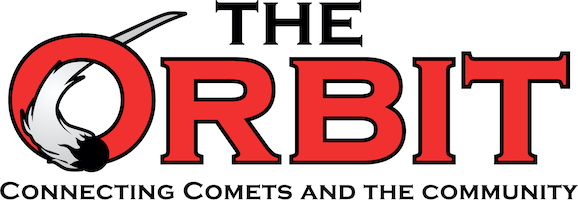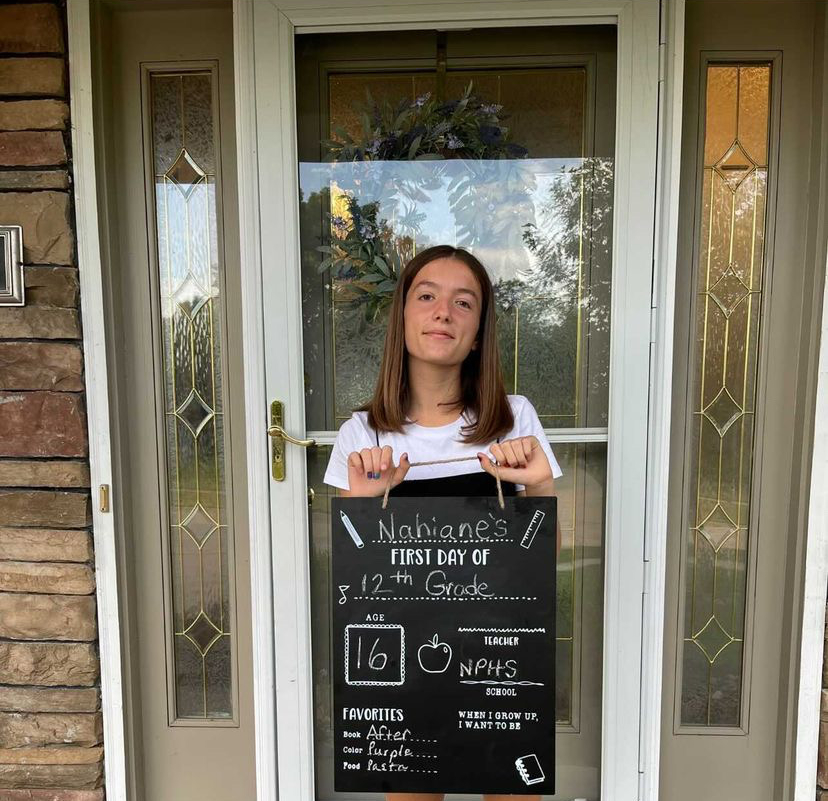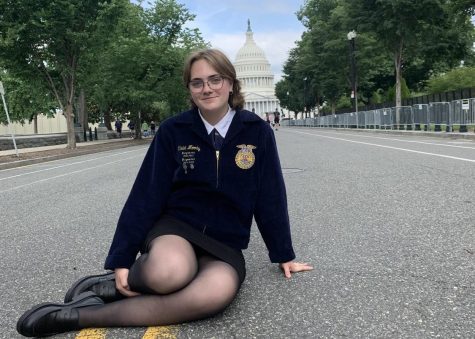Basque-ing in the Comet Country
November 4, 2021
Nahiane Burreso is one of the exchange students that has joined the Comet community this year.
Burreso is from the Basque Country (pronounced bask), which is located, in part, in Spain, but is considered a separate community from Spain. The people there have their own language (Basque) and celebrate their own culture.
Burreso speaks three languages: Basque, Spanish and English. She knows Basque and Spanish naturally and started learning English at the age of five.
Burreso described her found interest in studying abroad, “I have two older sisters and one of them came here to do just the same: to come one year as an exchange student. She went to Minnesota and I just thought that was a good idea to learn another culture and have a better English level.”
Process of becoming an exchange student
The process to become eligible to become an exchange student can be tedious. Burreso had to be deemed a good student with adequate grades. Burreso also had to pay 10,000 euros to travel to the United States. She got to pay less than the usual 11,000 euros because she applied before a certain deadline. In U.S. dollars, she paid around $11,500.
The agency recommends students that speak Spanish avoid states like Texas and Florida because they have a higher hispanic population. Exchange students typically want to be put in an area with minimal contact with their culture or language, which is why it was recommended that Burreso avoid the higher Spanish-speaking population in the U.S.
Instead Burreso got help from her agency, “The agency sends those people [an application] so we have to do a letter that talks about what we do normally, our ambitions, why we want to come here and they finally pick you.” To clarify, Burreso had to fill out a form provided by her agency where she put her abbitions, hobbies and reasons for traveling abroad.
While her parents frequently miss her, they make sure to check up on her well-being and ask her how well she is adjusting to the new atmosphere.
“When I said to my friends that I was going to come to Iowa, they were like, ‘where is that?’” noted Burreso.
Cultural differences
While North Polk could be considered a smaller school district, Burreso had to adjust quickly when she started attending North Polk. Students in the Basque Country generally have class sizes of 75 and they have a lot more options when it comes to choosing their school. Where she is from, schools are a lot more abundant, and include public schools, higher level public schools and private schools. Students there can choose which school they want, even if it is not in their district.
High schools in the Basque Country are 7th through 12 grade, although they refer to grades in a different way. Students can also finish their education at age sixteen, but most choose to continue their education.
Burreso has also witnessed several more culture shocks with the months she has been here. Students in Spain are not allowed to have permits at 14, but students are allowed to get a small motor car or moped at 15, so seeing students driving cars and other larger vehicles was a shock for her.
She also noted that people in Spain eat a lot more fish and not as much red meat. Their meal times are also different, “In Spain, we have 5 different [meals], we have breakfast, [we] have something at 11, we eat at 2 or 2:30, we eat something at 6 and then we eat dinner at 10 or 10:30pm.”
Burreso notes that the most surprising thing about attending a new school in a different country was, “People from here don’t go to you to speak, you have to. And that’s, like, a little bit hard.”
Burreso thought that the North Polk students would be eager to strike up a conversation, but found quite the opposite, “It is true that before coming here you feel like, ‘okay I’m going to make friends super fast, I’m going to come here and I’m going to speak to everyone,’ and you don’t.”
While it may have taken longer than she expected, Burreso has made many friends and is happy to call herself a Comet.


